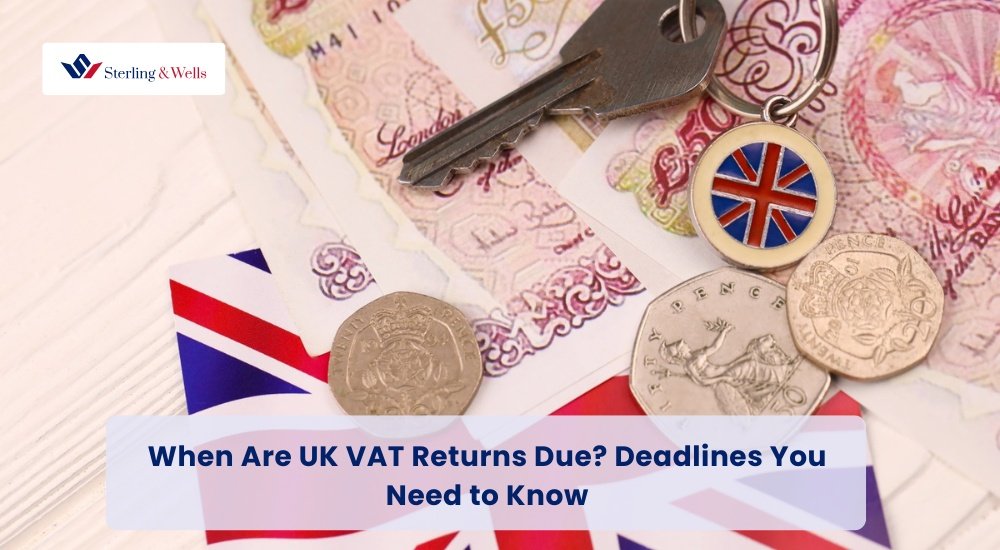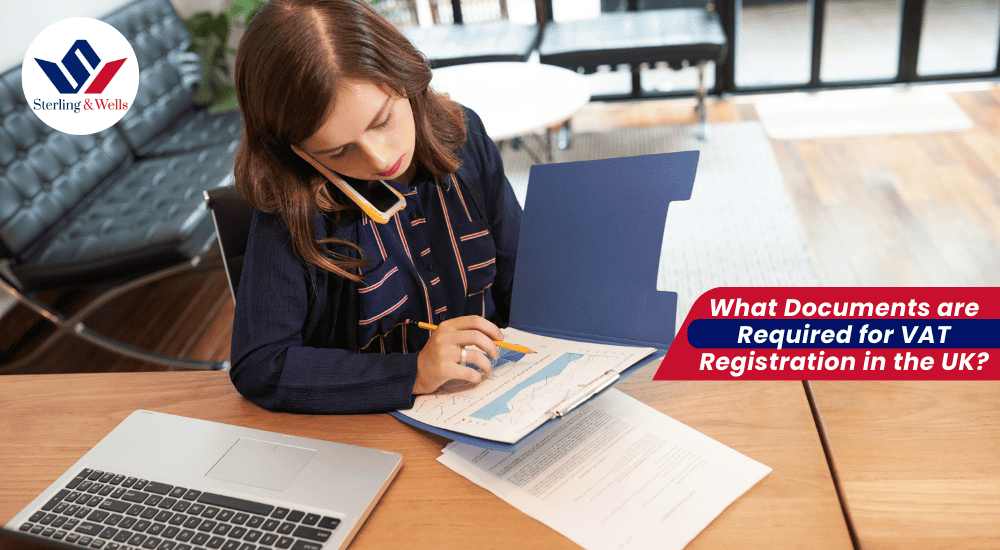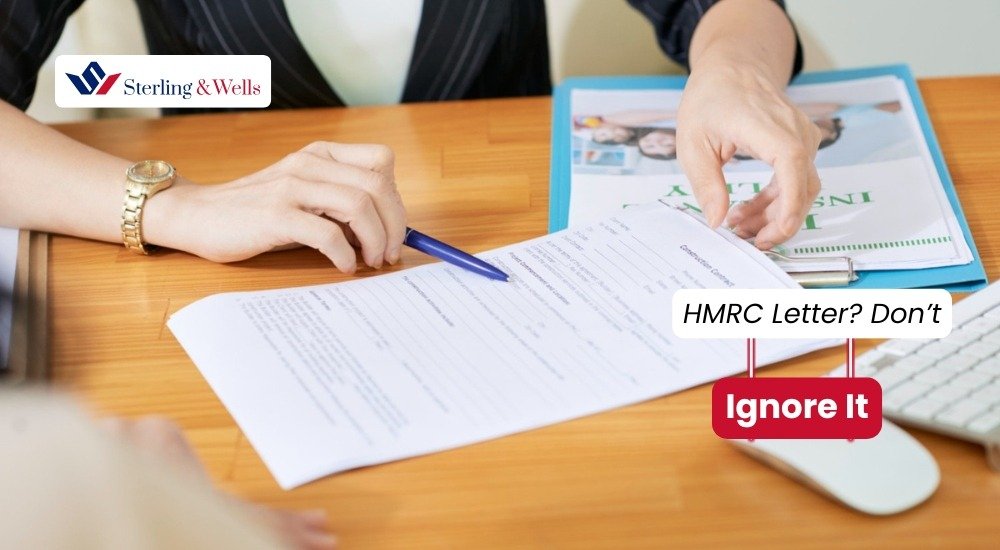If you’re running a business in the UK and you’re VAT-registered, you’ve probably wondered: “When exactly are my VAT returns due?” You’re not alone, and with all the recent changes from HMRC, the answer isn’t quite as straightforward as it used to be.
So, it’s worth breaking down everything you need to know about UK VAT return deadlines, including how often you need to file and how Making Tax Digital (MTD) fits into all of this. Let’s dive in.
When Are VAT Returns Actually Due?
The short answer? Your VAT return and payment are both due one calendar month and seven days after the end of your VAT period. Let’s say your VAT period ends on March 31. That means your return and payment need to be in by May 7.
This rule applies whether you file quarterly, monthly or even annually. It also doesn’t matter if you have anything to report or not. If you’re VAT-registered, you’ve got to file a return.
How Often Do I Need to File VAT Return to HMRC?
For most businesses, HMRC sets you up with quarterly returns when you first register for VAT. You’ll file a return every three months, and your deadline is always that 1 month + 7 days window after each quarter ends.
Some businesses, especially those that typically receive VAT refunds, opt to file monthly instead. This way, they can get their money back more quickly.
There’s also something called the Annual Accounting Scheme. If your business turns over less than £1.35 million per year, you might be able to file just once a year, with fixed payments made in advance.
Then, What’s This “Making Tax Digital” Everyone Talks About?
Making Tax Digital (MTD) is now non-negotiable if you’re VAT-registered.
Since April 2022, all VAT-registered businesses must mandatorily:
- Keep digital records of their sales and purchases
- File VAT returns using MTD-compatible software
- Maintain proper digital links between their records and their VAT returns
In plain English? No more manually typing numbers into HMRC’s website. You’ll need to use software officially approved by HMRC. It connects directly to HMRC and allows you to submit your return in just a few clicks.
What Happens If You’re Late?
This is where things get serious, and HMRC has made things even stricter as of April 2025.
There are now two separate penalty systems: one for filing your VAT return late and another for paying it late.
Late Filing for VAT Returns
Every time you miss a filing deadline, you get a penalty point. Once you hit 4 points (in case of quarterly VAT return submissions), you’re hit with a £200 fine. And for every additional missed return after that, it’s another £200. Ouch.
The only way to clear your points is to go 12 months with no late returns. Basically, HMRC wants you to stay on track for a full year before they cut you some slack.
However, if you have agreements with the HMRC to use non-standard accounting periods, different rules will apply.
|
Accounting Period
|
Penalty Points Threshold
|
Rules That Apply
|
|---|---|---|
|
Over 20 weeks
|
2
|
Annual
|
|
Over 8 weeks and no more than 20 weeks
|
4
|
Quaterly
|
|
8 weeks or less
|
5
|
Monthly
|
Late Payment of VAT Return
Here’s how late payment of VAT Return work now:
- If you pay within 14 days of the deadline: no penalty (but interest still applies)
- If you pay 15 to 29 days late, 3% of what you owe
- If you pay 30+ days late: another 3% on top (so 6% total)
- From day 31 onwards, a rolling penalty of 10% per year kicks in, calculated daily
Oh, and interest starts running from day one, charged at the Bank of England base rate plus 4%. So even if you avoid a penalty, you’ll still be paying extra.
The takeaway? Pay on time. Or better yet, pay early.
What If You Didn't Trade That Quarter?
You still have to file. Even if you made no sales and had no expenses, HMRC expects you to submit what’s called a “nil return.” It’s your way of telling them, “Hey, nothing happened this period, but I’m still compliant.”
If you skip it, you’ll rack up penalty points just like any other missed return.
How Can I Keep Track of It All?
Your best friend here is your HMRC online account. Log in through the Government Gateway and you’ll see:
- Your VAT periods
- Filing deadlines
- Payment due dates
- Any penalties or interest
- Past submissions
Even better? Many MTD-approved software gives you dashboard views, alerts and even email reminders to help you stay on top of things.

And if you’re someone who likes things off your plate, you can set up a Direct Debit to automatically pay your VAT on time. HMRC usually takes the payment a few days after the deadline, giving you a little breathing room. Just make sure the funds are ready.
Just Got VAT Registered? Or Deregistering?
When you first register, HMRC will set your initial VAT period and tell you when your first return is due. Again, it’ll follow that “1 month + 7 days” rule.
If you’re closing your business or deregistering from VAT, you’ll still have to submit a final VAT return, due the same way as usual.
Also, if you switch from quarterly to monthly (or vice versa), don’t forget that your deadlines may shift too. Always double-check with HMRC or your software dashboard.
Quick Tips to Stay Out of Trouble
-
Use MTD-compliant software because it saves time and keeps you compliant
-
Set calendar reminders for your filing and payment dates
-
File early so there’s time to fix any last-minute issues
-
Don’t ignore a quiet quarter, file a nil return
-
Call HMRC early if you can’t pay on time. You may be able to arrange a Time to Pay agreement
Conclusion
Getting your VAT return submitted and paid on time isn’t just a box to tick. It’s a big part of running a responsible business.
And with the rules tightening in 2025, especially around late payment penalties, it’s something you really don’t want to ignore.






